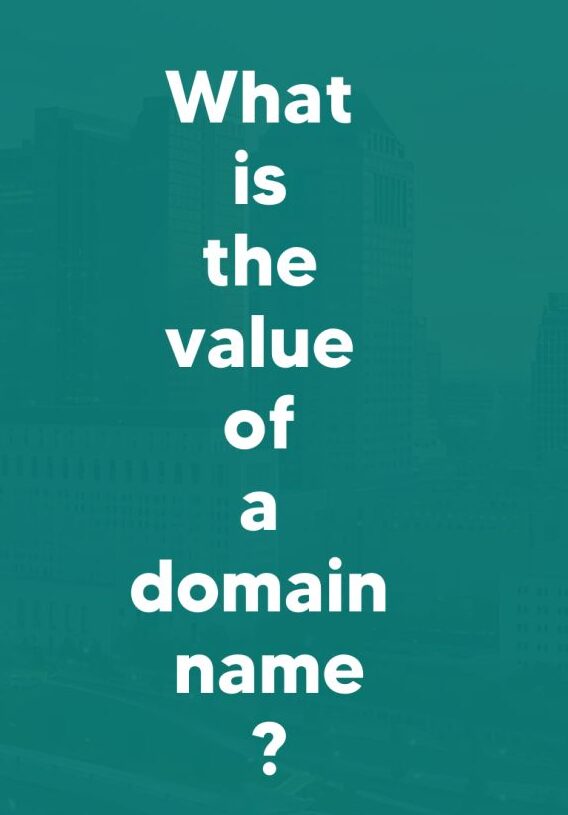MFA Password: Enhancing Security in the Digital Age
In today’s digital age, cybersecurity has become a top priority for individuals and organizations alike. With the increasing number of data breaches and cyber attacks, it’s essential to implement robust security measures to protect sensitive information. One such measure is Multi-Factor Authentication (MFA), which adds an extra layer of security to traditional password-based authentication. In this article, we’ll explore the benefits of MFA passwords and how they enhance security in the digital age.
What is MFA Password?
MFA, also known as two-factor authentication (2FA), is a security process that requires users to provide two or more forms of identification to access their accounts. The first factor is typically a password or PIN, while the second factor could be a one-time code sent via SMS, email, or an authentication app. This additional layer of security makes it harder for attackers to gain unauthorized access to sensitive information, even if they have stolen or guessed the user’s password.
Benefits of MFA Password
1. Enhanced Security
MFA passwords significantly enhance security by making it harder for attackers to gain unauthorized access to sensitive information. Passwords alone are not enough to protect accounts, as they can be easily guessed, stolen, or compromised through phishing scams or data breaches. MFA adds an extra layer of security by requiring users to provide a second form of identification, making it much harder for attackers to bypass the authentication process.
2. Reduced Risk of Data Breaches
MFA passwords also help reduce the risk of data breaches by making it harder for attackers to gain access to sensitive information. According to a report by Verizon, 81% of data breaches involve weak or stolen passwords. By implementing MFA, organizations can significantly reduce the risk of data breaches by making it harder for attackers to gain unauthorized access to sensitive information.
3. Improved User Experience
MFA passwords can also improve the user experience by making it easier for users to access their accounts. With MFA, users no longer have to remember complex passwords, as they can use a simple password and a second form of identification, such as a one-time code sent via SMS or email. This makes it easier for users to access their accounts, as they no longer have to remember complex passwords.
4. Compliance with Regulatory Requirements
MFA passwords are also essential for compliance with regulatory requirements. Many regulatory bodies, such as the Payment Card Industry Data Security Standard (PCI DSS) and the Health Insurance Portability and Accountability Act (HIPAA), require organizations to implement MFA to protect sensitive information. By implementing MFA, organizations can ensure compliance with regulatory requirements and avoid costly fines and penalties.
5. Cost-Effective Solution
MFA passwords are also a cost-effective solution for organizations looking to enhance security. While traditional password-based authentication can be expensive, as it requires organizations to implement complex password policies and password management tools, MFA is a more cost-effective solution. MFA can be implemented using simple authentication apps, such as Google Authenticator or Authy, which are free and easy to use.
Conclusion
In conclusion, MFA passwords are essential for enhancing security in the digital age. They provide an extra layer of security by requiring users to provide two or more forms of identification to access their accounts. MFA passwords also help reduce the risk of data breaches, improve the user experience, ensure compliance with regulatory requirements, and are a cost-effective solution for organizations looking to enhance security. As cybersecurity continues to be a top priority for individuals and organizations alike, it’s essential to implement robust security measures, such as MFA passwords, to protect sensitive information.
